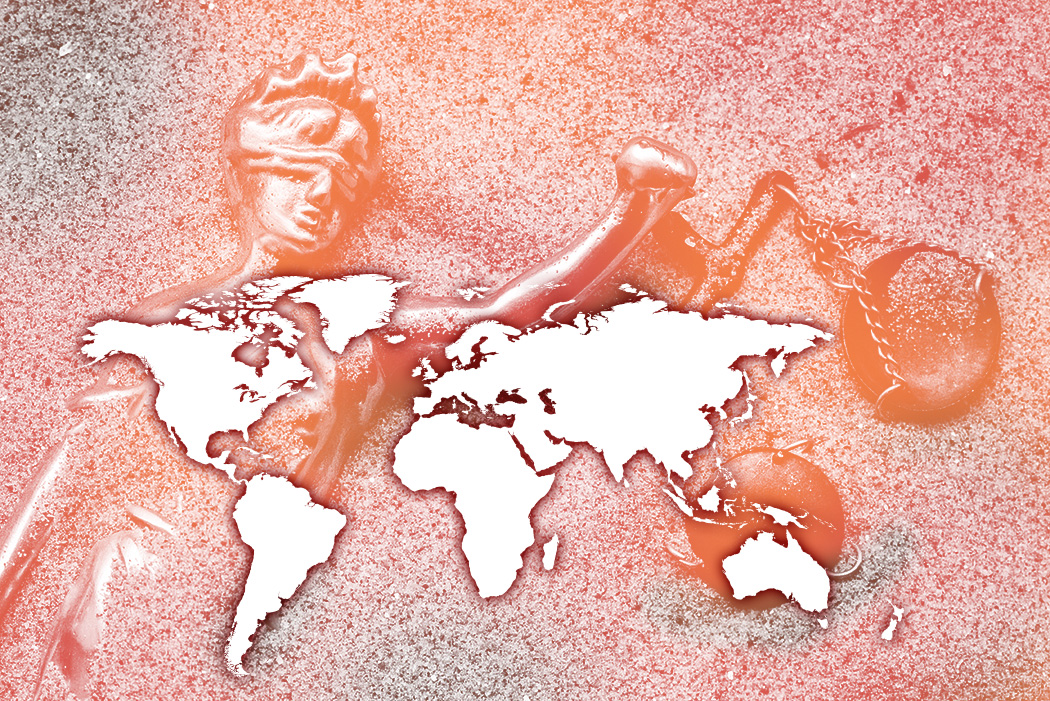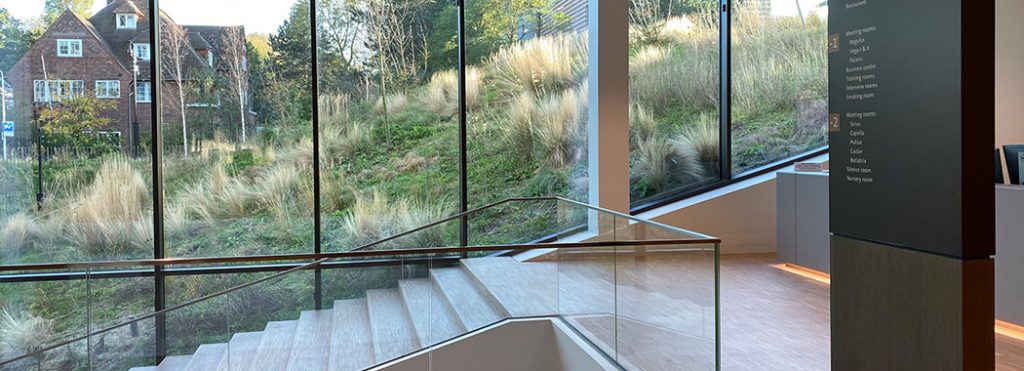
International Collaboration
International criminal networks are rapidly expanding their activities into the realm of environmental crime. More coordination is necessary to combat this form of cross-border crime and ensure that health and safety standards as well as a high level of environmental protection are maintained.
Transnational Environmental Crime on Four Continents
- Click on icon(s)
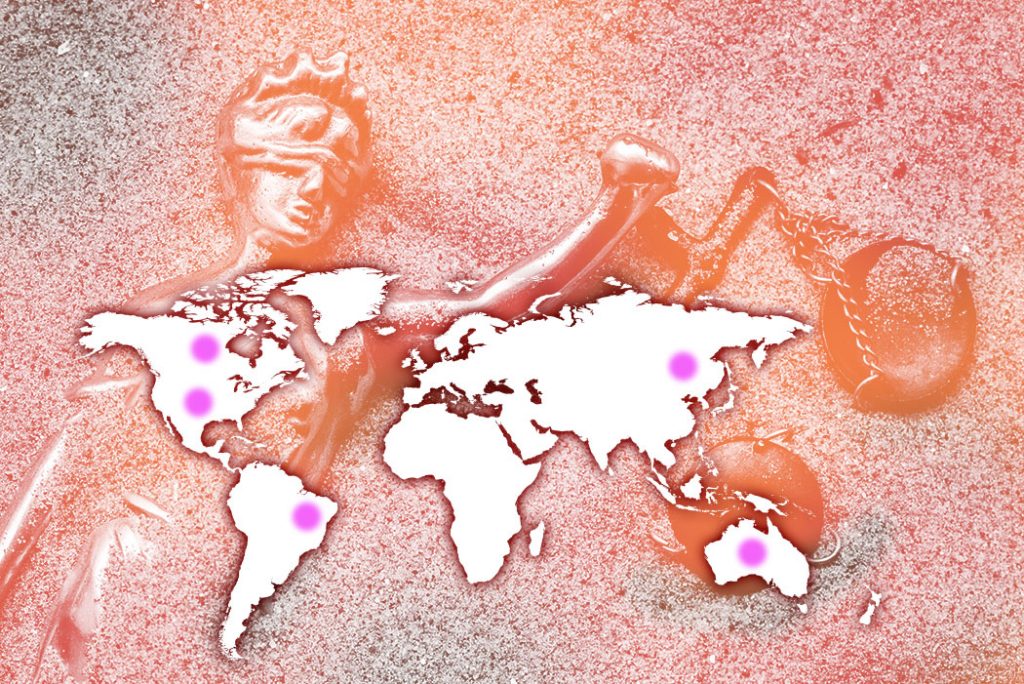
“In China, prosecutors may file litigation in the interest of the public as part of their duties. If activities that harm the public interest, including damaging the environment and resources, are found, the administrative organs in charge will receive a procuratorial recommendation from prosecutors to urge them to correct the situation. However, if the administrative organs do not comply with the recommendation and continue to fail to perform their regulatory duties, Chinese prosecutors will take them to court. Chinese prosecutors are willing to work with European colleagues to champion our Mother Earth using the tool of law.”
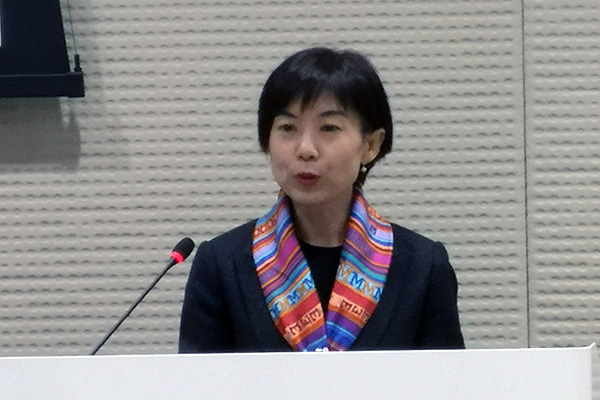
Long Yun, Lead prosecutor of the Chinese Supreme People’s Procuratorate Public Interest Litigation Department
“Rocky Hill was the first case where an Australian court rejected an open-cut coal mine, based in part on climate change. The case came before the New South Wales Land and Environment Court. Having such a forum where environmental crime is appreciated has been very important for New South Wales. The ruling reiterated that legislation requires considerations on the likely impact of a development and the public interest, including ecological sustainable development. Therefore, the impact of the development on climate change and the direct and indirect greenhouse gas emissions of the development were relevant considerations.”
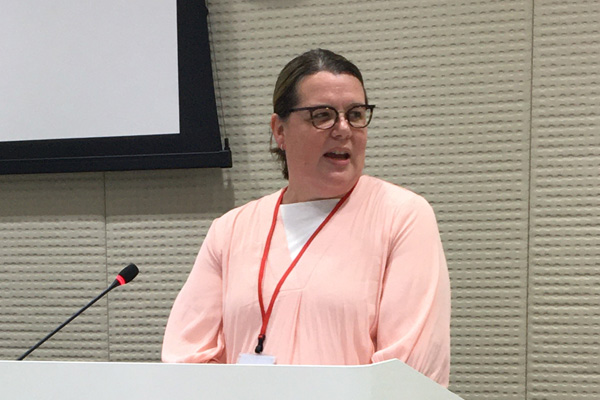
Kate Robinson, Director of Environment, Operations and Energy in the Legal Services Division of the Department of Planning and Environment NSW, Australia
“In the US, we face challenges when it comes to proactive enforcement, resources and competing priorities. Our Environmental Protection Agency has almost 15,000 employees, but in terms of environmental criminal investigators we have 160 people. You can see what a challenge that presents when it comes to investigating cases.”
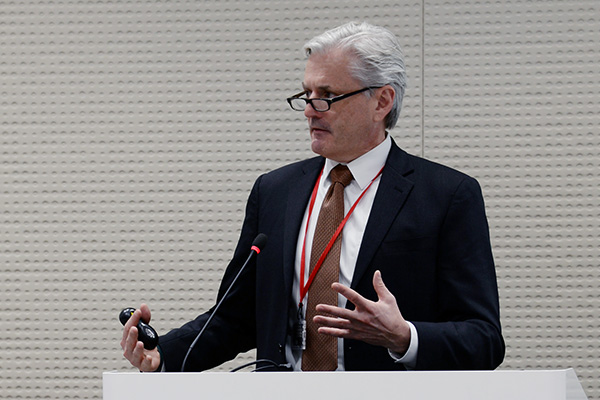
Joe Poux, Deputy Chief Environmental Crimes Section, U.S. Department of Justice and Chair of INTERPOL’s Pollution Crime Working Group
“In Canada, to prove an environmental offence we need to prove the accused committed the actus reus, or ‘guilty act’, beyond a reasonable doubt. Which is a very high standard of proof. The most frequently prosecuted offences are fishing offences, offences with toxic substances and hunting offences. Besides issuing traditional sentences such as a fine or imprisonment, courts can issue creative orders. An order to remediate the harm or restore the environment, for example. Between 2010 and 2018, the Canadian government significantly increased maximum fines in the environmental legislation.”
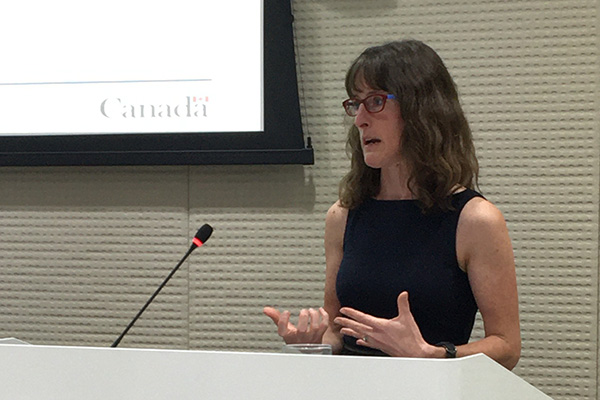
Erin Eacott, Counsel for the Public Prosecution Service of Canada
“Fighting wildlife crime in Brazil is like trying to dry ice. Each year, around 38 million animals are taken from the wild in Brazil for private collectors, scientific purposes, to keep as pets or for fauna products. Unfortunately, the chances of getting caught for wildlife trafficking are very small due to a lack of data, interest and resources, and complicated by Brazil’s vast territorial dimension and many borders. And there are soft penalties: if the traffickers get caught at all, there are very limited criminal consequences. This all adds up to a terrifying scenario that is not only Brazil’s problem, it’s everybody’s problem and calls for a shared responsibility.”
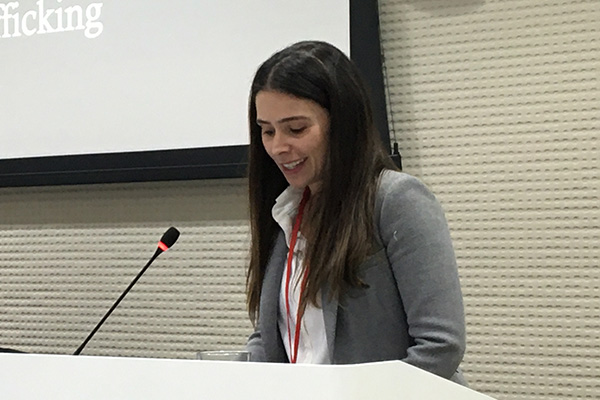
Lilian Miranda Machado, Federal Prosecutor Brazil
European and International Networks
Jan Van den Berghe, Judge at the Court of the First Instance in Belgium and a member of the European Union Forum of Judges for the Environment (EUFJE)
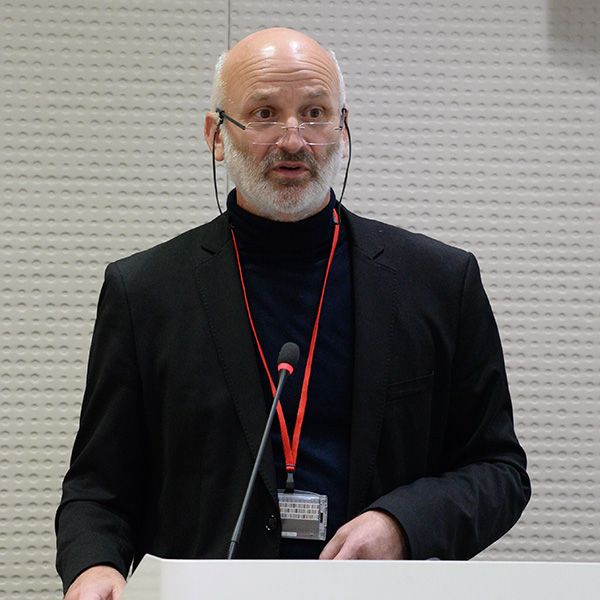
Scott Fulton, President of the Environmental Law Institute (ELI) and Director at the International Network for Environmental Compliance and Enforcement (INECE)
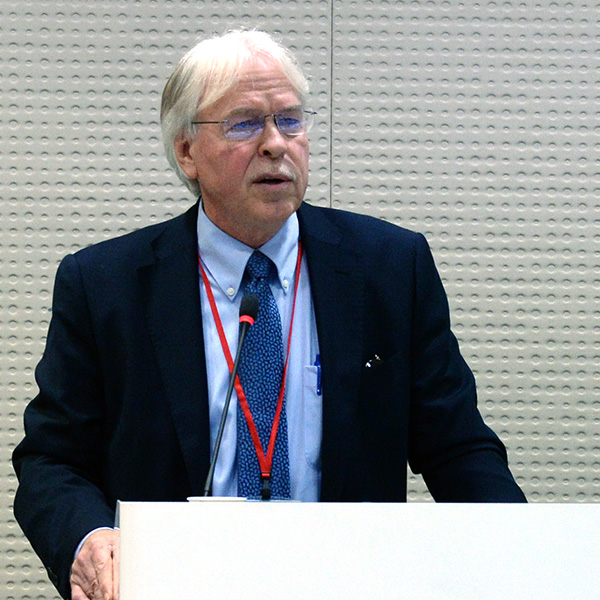
Lieutenant Colonel Fabio de Rosa, Italian Carabinieri Corps and Chair of EnviCrimeNet
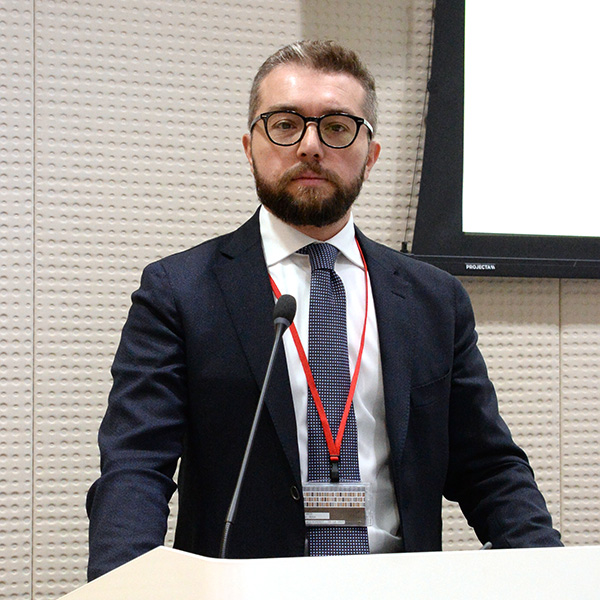
Nancy Isarin, Project Manager at the European Union Network of the Implementation and Enforcement of Environmental Law (IMPEL)
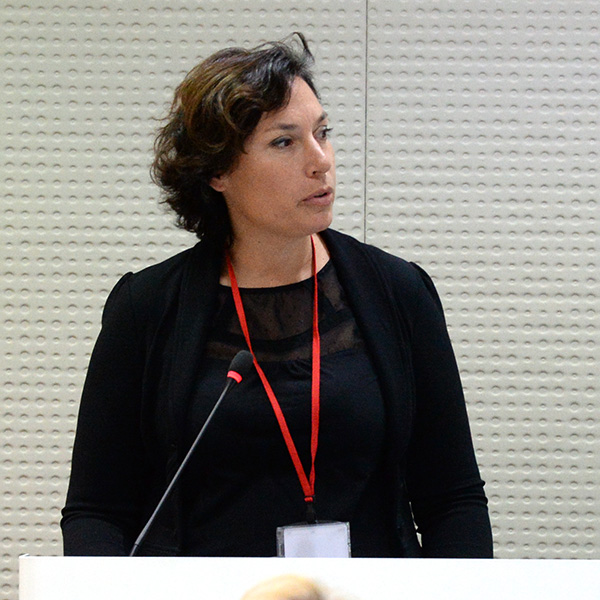
Break-out Sessions
Teodor Nita, prosecutor (Romania) attended the LIFE-ENPE Working Group about examples of international collaboration
Dr Grant Pink, Founder of RECAP Consultants presented the break-out session on international environmental compliance
Martijn Zwiers, prosecutor (the Netherlands) attended the Eurojust break-out session on the recovery of proceeds of crime and international cooperation from the Eurojust perspective

